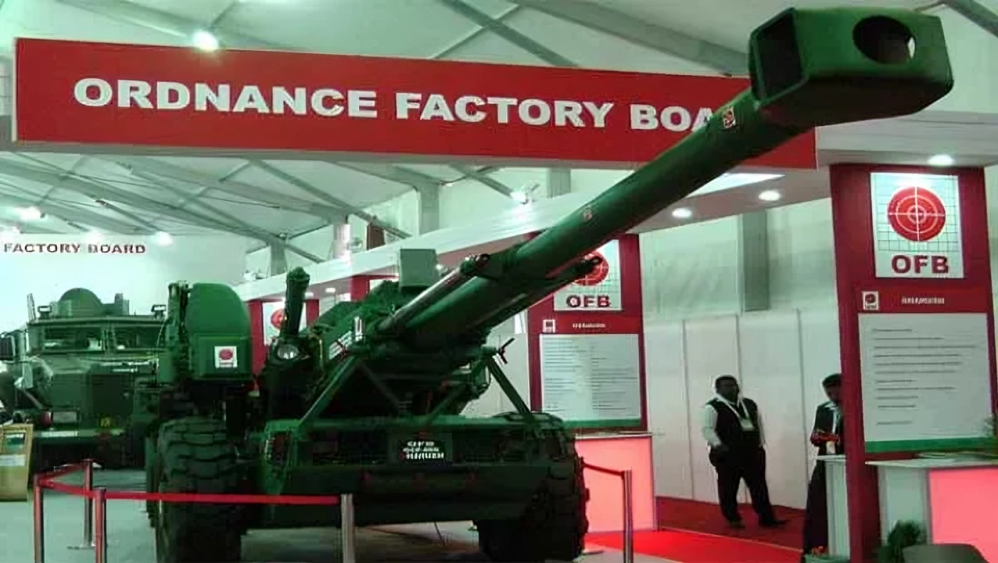In the wake of the tragic terror attack in Pahalgam that claimed the lives of 26 civilians, primarily Hindu tourists, India has placed its defense manufacturing operations on heightened alert. This response comes amid increasing tensions with Pakistan, particularly as intelligence agencies have traced digital communications from the assailants to areas in Muzaffarabad and Karachi.
Munitions India Limited (MIL), the state-run entity responsible for overseeing 12 significant ordnance factories, has taken drastic measures including the cancellation of extended leave for employees at several plants. While the official stance cites the need to recover production shortfalls from April and to meet international defense contracts, sources within the organization have indicated that national security concerns are the primary motivator behind these actions. An official from Ordnance Factory-Khamaria in Jabalpur confirmed, “The order was issued in view of national security.” Employees at the Ordnance Factory-Itarsi were informed that they would only be permitted minimal leave—limited to two days—over the next two months.
Established in 2021 after a restructuring of the Ordnance Factory Board, MIL is integral to India’s defense framework. The organization manufactures a diverse range of ammunition and equipment for the armed forces, including advanced systems like Pinaka rockets and various artillery shells. The company has also expanded its international market presence, securing contracts totaling ₹6,000 crore by March 2024, with notable clients including the UAE and Vietnam. The use of Indian-made 155mm artillery shells in the ongoing Russo-Ukrainian War has underscored MIL’s growing international profile.
The Pahalgam attack, attributed to Islamist militants, has raised alarms about possible future strikes and fears of intensified border infiltration. In response to the situation, facilities such as those in Chandrapur and Khamaria are ramping up operations, with personnel placed on heightened alert. However, not all factories are implementing these strict measures; locations like Ordnance Factory-Bhandara and non-MIL units such as the Gun Carriage Factory in Jabalpur have not adopted similar restrictions.
While the Department of Defence Production has not publicly released a formal directive, there have reportedly been informal advisories across public sector undertakings to minimize extended employee absences. Mukesh Singh, the leader of the Bharatiya Pratiraksha Mazdoor Sangh, acknowledged the receipt of reports regarding leave cancellations, although no official notification has been distributed.
MIL’s significance in India’s defense narrative is not new; during the 1999 Kargil War, the organization provided crucial fuzes for Bofors artillery, and in 2019, it manufactured 1,000-pound bombs utilized in the Balakot airstrikes. With a record budget allocation of ₹745.45 crore for the fiscal year 2025 and partnerships like the NavIC-guided 155mm Smart Ammunition project with IIT Madras, MIL is substantially enhancing its strategic capabilities.
As India responds to the fallout from the Pahalgam attack and braces for potential future escalations, the intensification of defense production—serving both national security needs and international commitments—reflects a broader initiative to fortify the nation’s defenses and assert its self-reliance on the global defense landscape.







